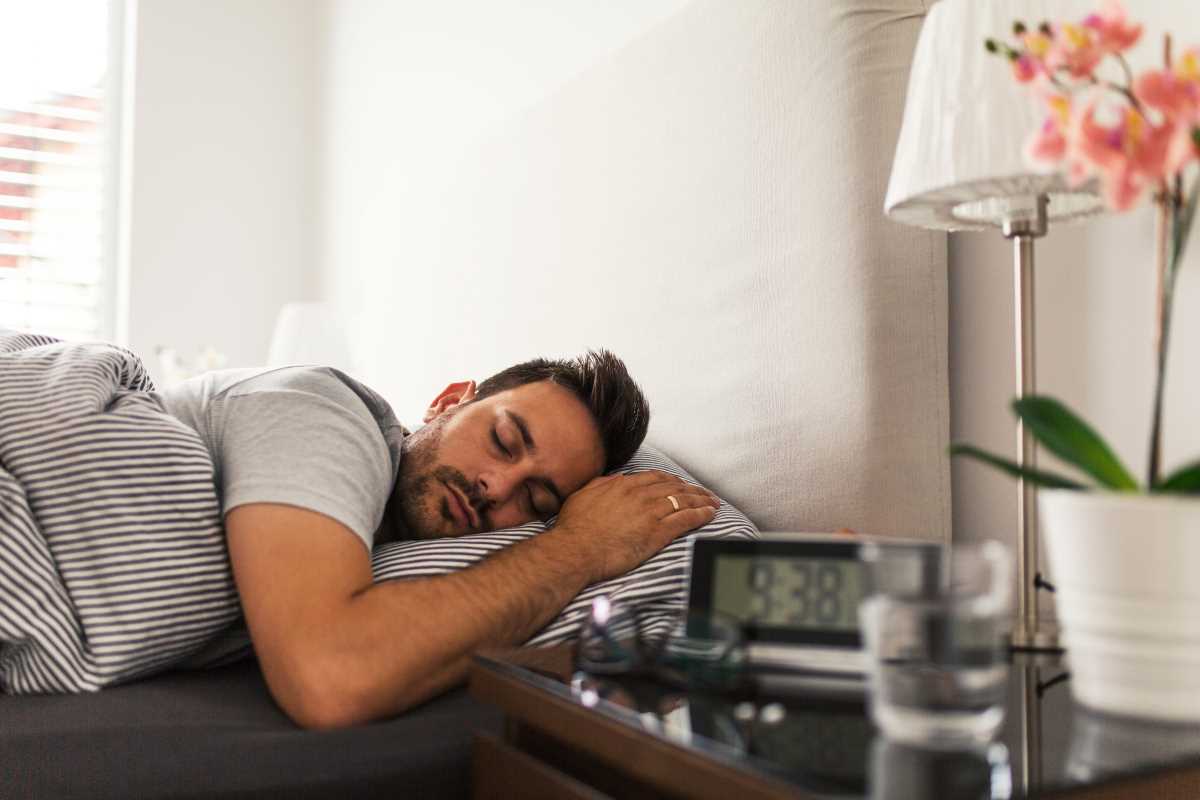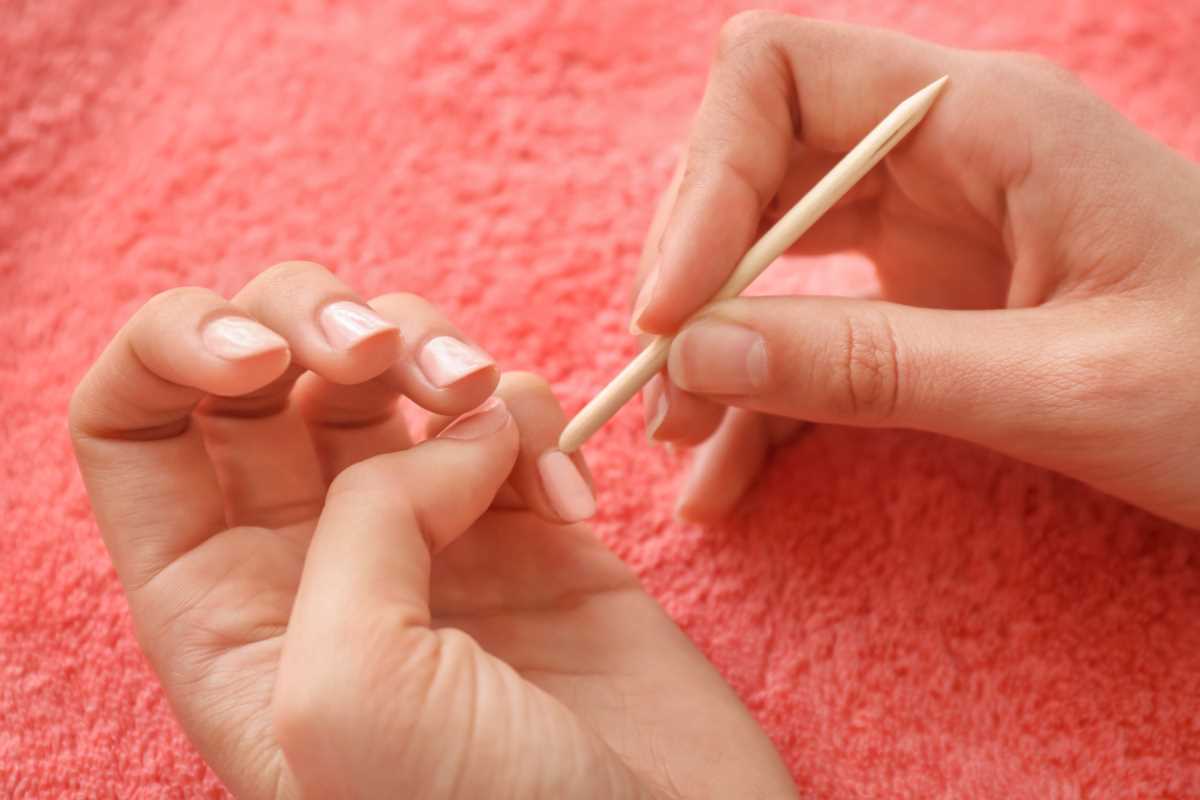Quality sleep isn't a luxury—it's essential for your health, productivity, and overall well-being. Yet millions of people struggle with insomnia, restless nights, and poor sleep quality that leaves them exhausted the next day. While sleep medications might seem like a quick fix, they often come with side effects and don't address the root causes of sleep problems.
The good news? You can significantly improve your sleep naturally through proven strategies that work with your body's natural rhythms. Research shows that behavioral and environmental changes are often more effective than medication for long-term sleep improvement. You'll discover evidence-based techniques to help you fall asleep faster, stay asleep longer, and wake up feeling refreshed—all without relying on pills.
Why Quality Sleep Matters More Than You Think
Sleep isn't just downtime for your body and mind. During those crucial hours of rest, your brain consolidates memories, your immune system strengthens, and your body repairs tissues. The Centers for Disease Control and Prevention reports that adults need 7-9 hours of sleep per night, yet one-third of Americans regularly get less than seven hours.
Poor sleep doesn't just make you tired. It increases your risk of serious health conditions including diabetes, heart disease, obesity, and depression. Studies from Harvard Medical School demonstrate that people with chronic insomnia have a 300% higher risk of developing high blood pressure and are twice as likely to develop heart disease.
Your cognitive function suffers dramatically with insufficient sleep. Research from the University of Pennsylvania found that sleeping six hours per night for two weeks impairs performance as much as staying awake for 48 hours straight. The participants didn't even realize how impaired they had become—a phenomenon researchers call "sleep debt blindness."
Create an Effective Bedtime Routine
Your body thrives on consistency, and a well-structured bedtime routine signals to your brain that it's time to wind down. The key is starting your routine 1-2 hours before you want to fall asleep, giving your nervous system time to shift from alert mode to rest mode.
Start Your Wind-Down Early
Begin dimming lights throughout your home about two hours before bedtime. Bright light suppresses melatonin production, the hormone that regulates your sleep-wake cycle. Research from Harvard Health Publishing shows that exposure to bright light in the evening can shift your circadian rhythm by up to three hours.
Consider these wind-down activities:
- Take a warm bath or shower to lower your core body temperature
- Practice gentle stretching or yoga poses
- Read a physical book or magazine
- Listen to calming music or nature sounds
- Write in a journal or practice gratitude
Establish Consistent Sleep and Wake Times
Your internal body clock, or circadian rhythm, regulates when you feel alert and when you feel sleepy. Going to bed and waking up at the same time every day—even on weekends—helps strengthen this natural rhythm.
The National Sleep Foundation emphasizes that consistency is more important than the specific times you choose. If you naturally feel tired at 10 PM and wake up at 6 AM, stick with that schedule. Your body will learn to anticipate sleep and wakefulness at those times.
When you must adjust your sleep schedule, do it gradually. Shift your bedtime and wake time by 15-30 minutes earlier or later each day until you reach your desired schedule. This prevents the jet lag-like effects of dramatic schedule changes.
Optimize Your Sleep Environment
Your bedroom should be a sanctuary designed specifically for rest. Small changes to your sleep environment can have a dramatic impact on sleep quality and duration.
Temperature, Darkness, and Noise Control
The ideal bedroom temperature for sleep is between 65-68°F (18-20°C). Your body naturally drops its core temperature as you prepare for sleep, and a cool room supports this process. Research from the Sleep Foundation shows that temperatures above 75°F or below 54°F can disrupt sleep cycles.
Complete darkness is crucial for melatonin production. Even small amounts of light from electronic devices, street lamps, or digital clocks can interfere with sleep. Consider these darkness strategies:
- Install blackout curtains or light-blocking blinds
- Use an eye mask if complete darkness isn't possible
- Cover or remove light-emitting devices from your bedroom
- Use dim red lights for nighttime navigation, as red light has minimal impact on melatonin
Minimize noise disruptions with:
- Earplugs designed for sleeping
- A white noise machine or fan for consistent background sound
- Soft furnishings like carpets and curtains to absorb sound
- Moving your sleep location away from noisy streets or rooms
Choose the Right Mattress and Pillows
Your mattress and pillows directly impact sleep quality and physical comfort. The Sleep Foundation recommends replacing your mattress every 6-8 years, though this varies based on quality and usage.
When selecting a mattress, consider:
- Your preferred sleep position (side, back, or stomach)
- Any physical issues like back pain or joint problems
- Your partner's sleep preferences if you share a bed
- Temperature regulation if you sleep hot or cold
Pillows should support proper spine alignment. Side sleepers typically need thicker, firmer pillows, while back sleepers benefit from medium-thickness options. Stomach sleepers usually need thin, soft pillows to prevent neck strain.
Manage Stress and Racing Thoughts
Stress and anxiety are leading causes of insomnia. When your mind is racing with worries, plans, or problems, falling asleep becomes nearly impossible. Learning to manage these thoughts is essential for better sleep.
Practice Relaxation Techniques
Progressive muscle relaxation helps release physical tension while calming your mind. Start at your toes and systematically tense and relax each muscle group, working your way up to your head. Hold the tension for 5 seconds, then release and notice the contrast between tension and relaxation.
Deep breathing exercises activate your parasympathetic nervous system, triggering your body's relaxation response. Try the 4-7-8 technique:
- Inhale through your nose for 4 counts
- Hold your breath for 7 counts
- Exhale through your mouth for 8 counts
- Repeat 3-4 times
Meditation and mindfulness practices train your mind to observe thoughts without getting caught up in them. Even 10-15 minutes of daily meditation can improve sleep quality, according to research published in JAMA Internal Medicine.
Address Worries Before Bedtime
Set aside 15-20 minutes earlier in the evening to write down your concerns and potential solutions. This "worry time" prevents these thoughts from surfacing when you're trying to sleep. Keep a notebook by your bed for any urgent thoughts that arise, knowing you can address them the next day.
Create a mental boundary between day and night by establishing a symbolic end to your workday. This might involve:
- Closing your laptop and putting it away
- Changing into comfortable sleepwear
- Reviewing your accomplishments from the day
- Setting intentions for tomorrow
Watch Your Diet and Timing
What you eat and when you eat it significantly impacts your sleep quality. Your digestive system and circadian rhythm are closely connected, making meal timing crucial for optimal rest.
Avoid Sleep Disruptors
Caffeine can stay in your system for 6-8 hours after consumption. If you're sensitive to caffeine, avoid it after 2 PM to prevent sleep interference. Remember that caffeine appears in unexpected sources like chocolate, certain medications, and some herbal supplements.
Alcohol might make you feel drowsy initially, but it disrupts sleep cycles later in the night. The Sleep Foundation explains that alcohol reduces REM sleep, leading to less restorative rest and more frequent awakenings.
Large meals close to bedtime force your digestive system to work when it should be resting. Finish eating at least 3 hours before sleep, allowing time for digestion. If you're hungry before bed, choose a light snack combining protein and complex carbohydrates.
Foods That Promote Better Sleep
Certain foods contain compounds that naturally support sleep:
Tryptophan-rich foods like turkey, milk, eggs, and pumpkin seeds help produce serotonin and melatonin. Combine these with complex carbohydrates to enhance tryptophan's effectiveness.
Magnesium-rich foods including almonds, spinach, and pumpkin seeds promote muscle relaxation and nervous system calm. Research shows that magnesium deficiency is linked to insomnia and restless sleep.
Cherries are one of the few natural sources of melatonin. Studies indicate that drinking tart cherry juice twice daily can increase sleep time and improve sleep efficiency.
Herbal teas like chamomile, passionflower, and valerian root have mild sedative effects. Chamomile contains apigenin, an antioxidant that binds to brain receptors to promote sleepiness.
Limit Screen Time and Blue Light Exposure
Electronic devices emit blue light that can significantly disrupt your sleep-wake cycle. The light from phones, tablets, computers, and TVs tricks your brain into thinking it's still daytime, suppressing melatonin production.
Create a Digital Sunset
Establish a "digital sunset" by turning off all screens 1-2 hours before bedtime. This gives your brain time to naturally increase melatonin production. If you must use devices in the evening, consider these strategies:
- Install blue light filtering apps on your devices
- Use blue light blocking glasses
- Switch devices to night mode or warm light settings
- Keep screens at least arm's length away from your face
- Reduce screen brightness as much as possible
Replace evening screen time with relaxing activities that don't involve bright light. This might include reading physical books, gentle stretching, meditation, or listening to audiobooks or podcasts.
Manage Bedroom Electronics
Keep electronic devices out of your bedroom whenever possible. If you use your phone as an alarm, place it across the room so you're not tempted to check it during the night. The blue light from checking your phone at 2 AM can delay your return to sleep by up to an hour.
Consider using a traditional alarm clock instead of your phone. This removes the temptation to scroll through social media or check emails when you should be sleeping. If you must keep your phone nearby, use airplane mode to prevent notifications from waking you.







